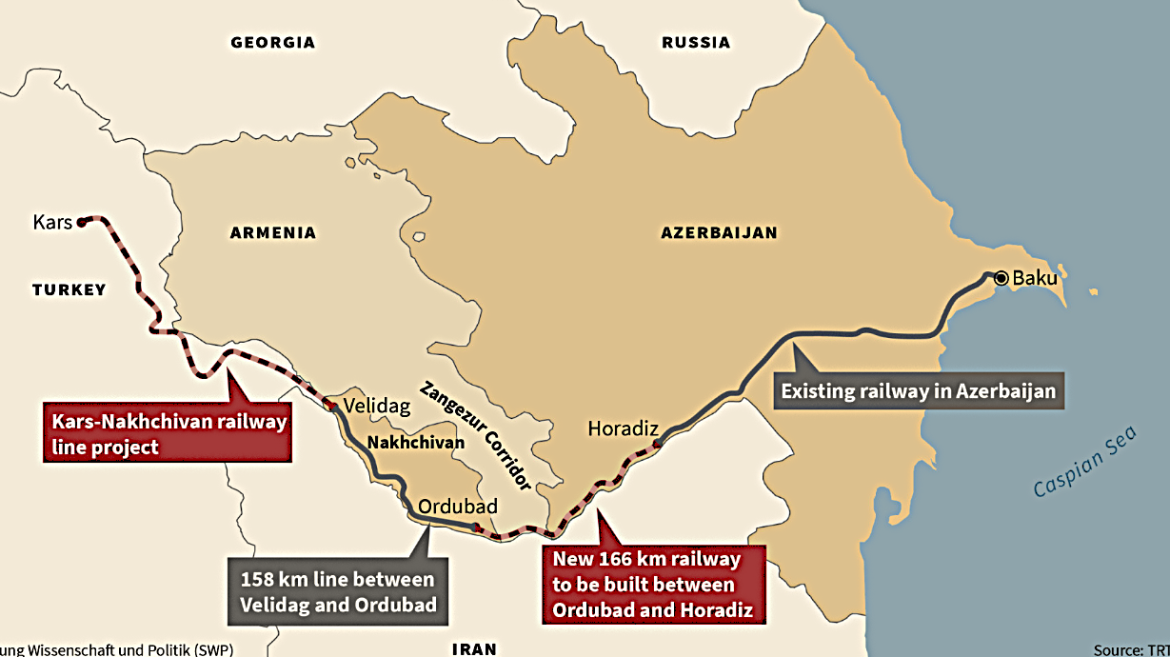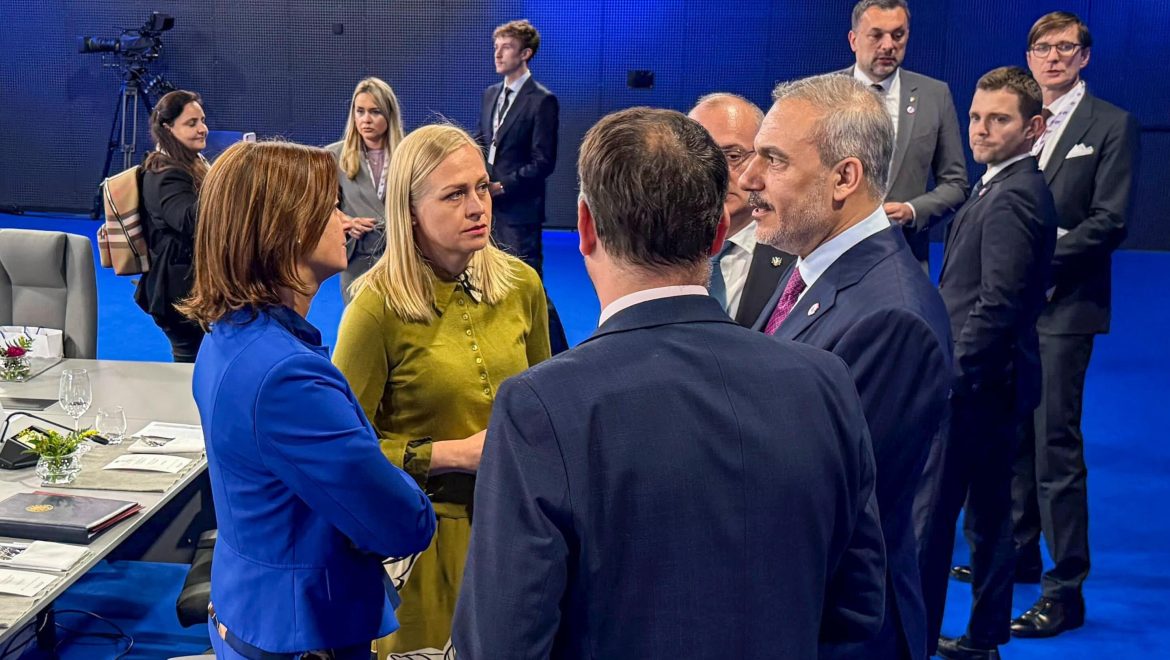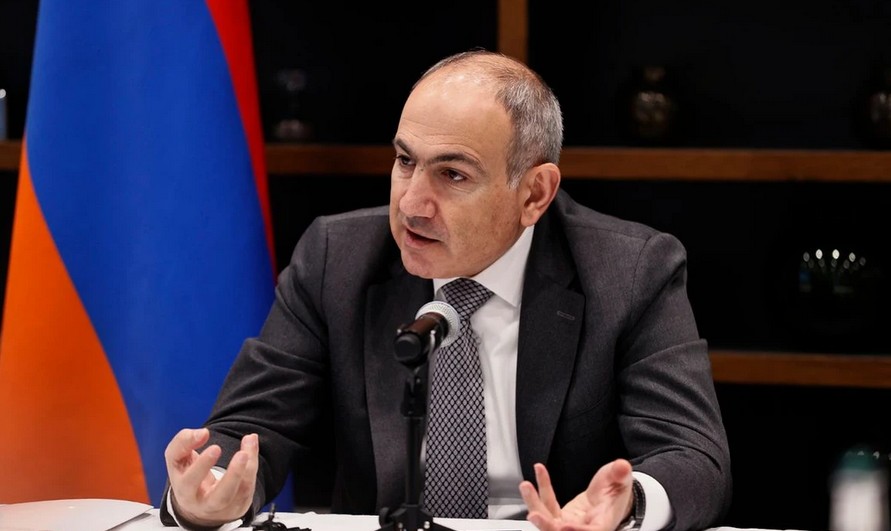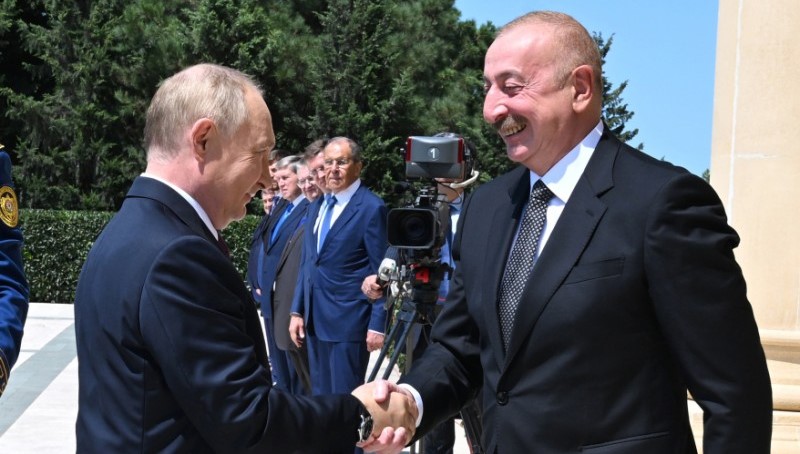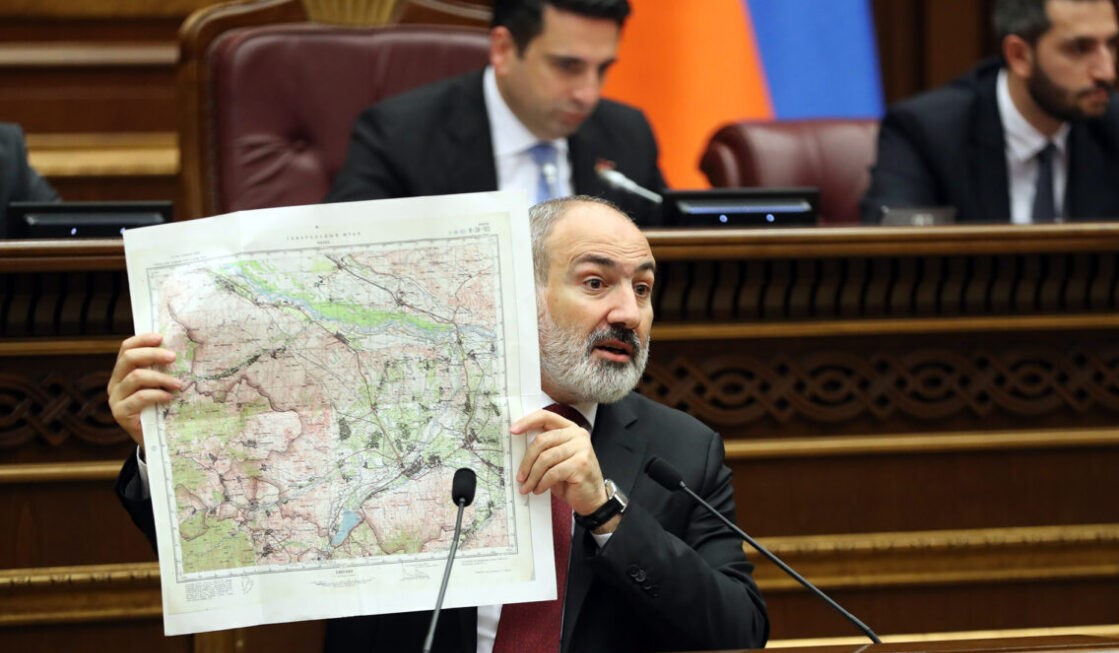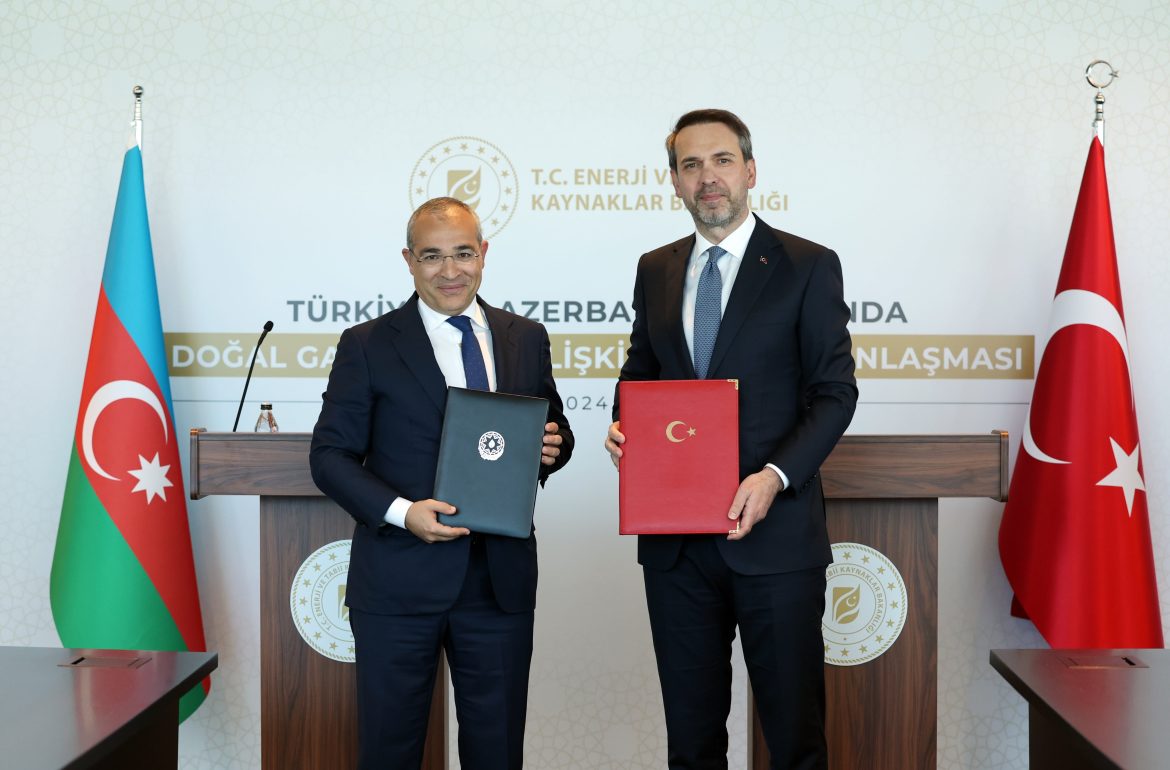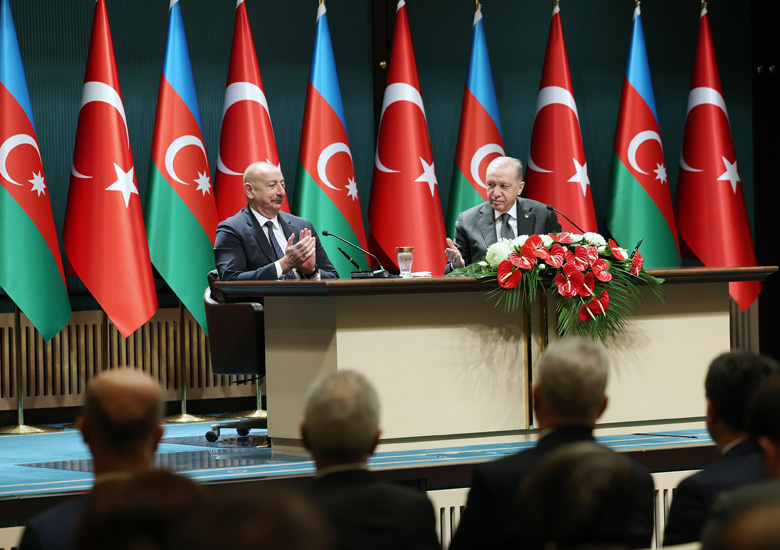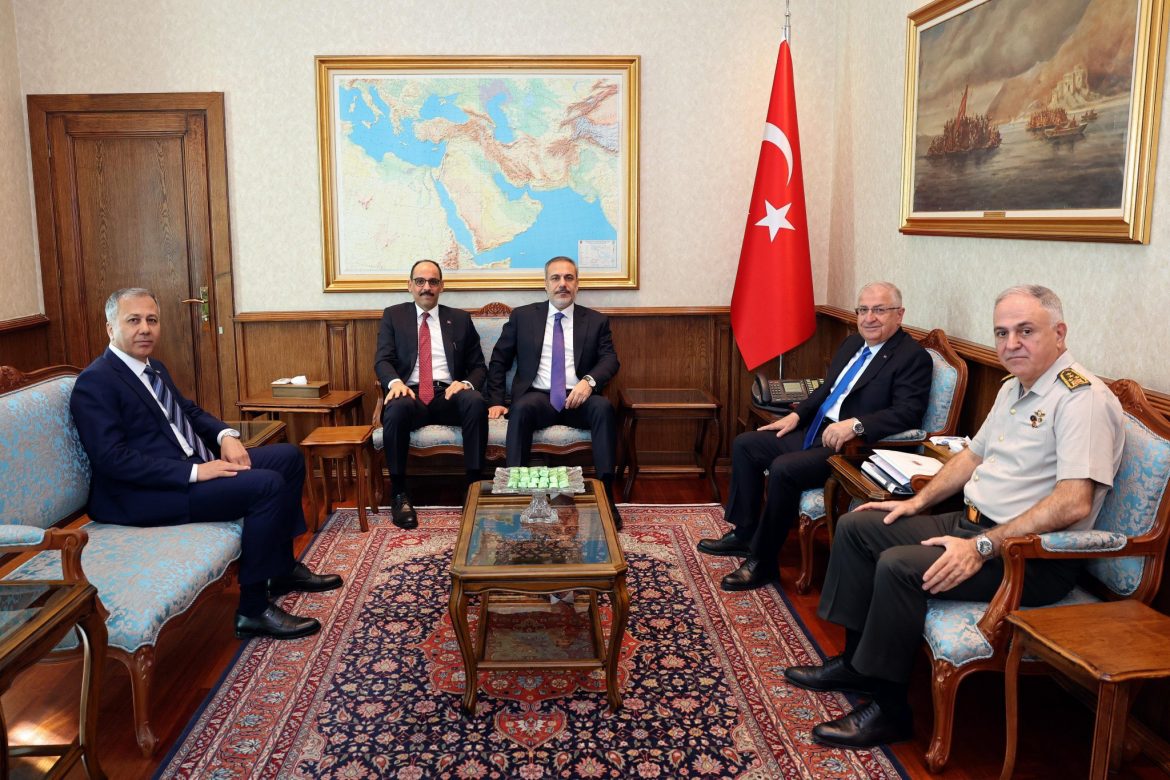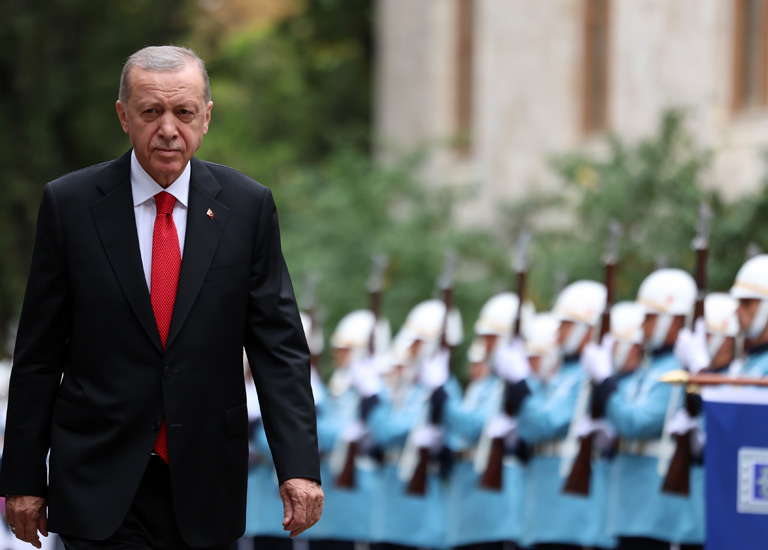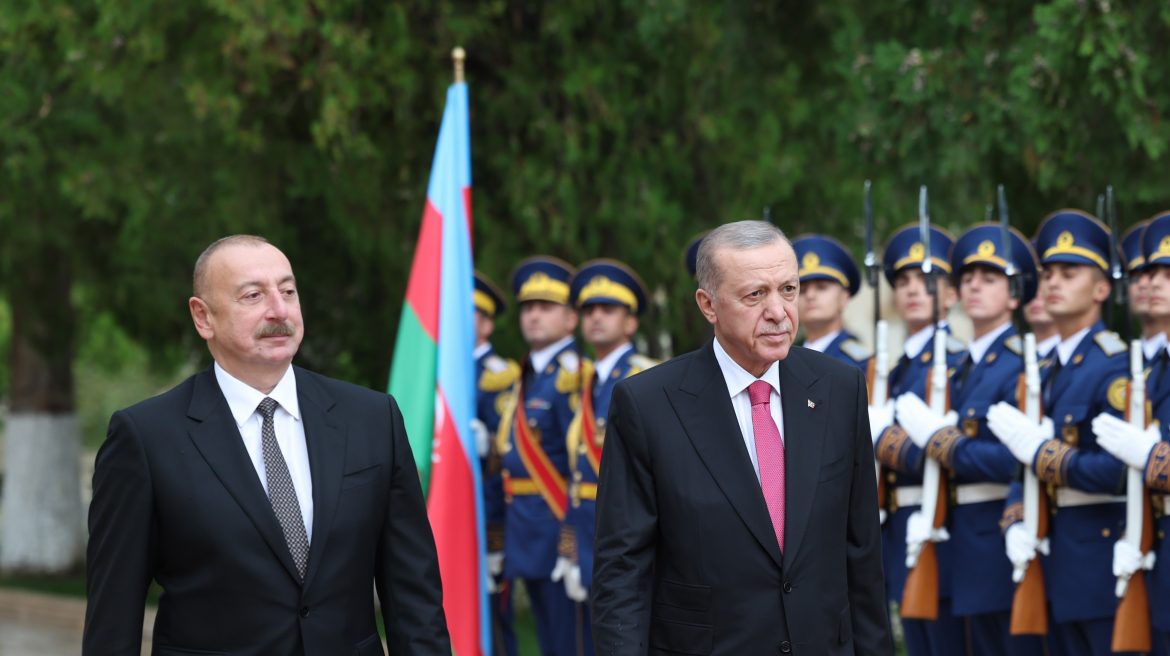The US-brokered peace accord between Azerbaijan and Armenia, signed at the White House under President Donald Trump’s mediation, is being celebrated as a landmark in conflict resolution. However, beyond ending decades of hostility, it has created a rare geopolitical opportunity for Türkiye to advance its regional strategy and reshape the South Caucasus’ security and connectivity
In geopolitics, power is no longer measured solely by having a seat at the table, but by one’s ability to disrupt it if excluded. Today, Türkiye is demonstrating precisely that: an increasingly agile power whose influence cannot be ignored, even when it is not formally included. Some nations are invited to shape the game. Others
Our short visit (*) to Armenia with a group of journalists from Türkiye allowed us to interview Prime Minister Nikol Pashinyan and talk to the country’s leaders. It is possible to summarize Pashinyan’s policy as ‘If you don’t have a big brother, it is best to make peace with the people in your neighborhood’. If
I first heard the phrase “Two states, one nation” from Abulfaz Elchibey. It was early 1992, just after Azerbaijan had declared independence from the Soviet Union. Elchibey was still officially banned from politics, but my colleagues Semih İdiz, Aziz Utkan, and I managed to interview him in a basement belonging to the Popular Front in
Yesterday, on May 26, Azerbaijani flags were hoisted on 4 border villages from which Armenia had withdrawn as a result of the agreements. This condition was Azerbaijani President İlham Aliyev’s red line for reaching a deal with Armenia; he even declared that it could be an act of war. Armenian Prime Minister Nikol Pashinyan, on
I generally view with skepticism the memorandums of understanding signed between countries. Often, they possess a seriousness just slightly beyond mere intent declarations: they do not bind the parties, are laden with political messages, and frequently signify little more than “we had a written outcome from our discussions.” Especially during presidential-level visits, if you look
Türkiye has declared its full support for a peace agreement to be signed between Azerbaijan and Armenia. The latest chapter in this intense diplomatic process, which involved Türkiye and some European countries including Germany, came on February 19 when President Recep Tayyip Erdoğan hosted Azerbaijani President Ilham Aliyev in Ankara. “The signing of a lasting
After the October 1st bomb attack on the Interior Ministry, which is claimed by the outlawed Kurdistan Worker’s Party (PKK) affiliated group, Ankara has adopted a more hawkish stance both politically and militarily. This hawkishness happens on two fronts, one military and the other diplomatic with two operations challenging the West. Statements from Foreign Minister Hakan
President Recep Tayyip Erdoğan cancelled his visit to Spain and Justice and Development Party (AKP) parliamentary group meeting due to his illness. It was stated on October 4th that the President’s visits and AKP speech cancelled due to Erdoğan’s “cold-like symptoms”. Erdoğan will not attend the European Political Community (EPC) Summit to be held in
President Tayyip Erdoğan’s day-long visit on September 25 to the Nakhchivan Autonomous Region of Azerbaijan, bordering Türkiye, is important for changing the political and military balance in the Caucasus. Erdoğan’s visit, which was decided upon the invitation of Azerbaijani President İlham Aliyev, comes on the heels of Azerbaijan’s military operation on September 19-20, which resulted
- 1
- 2
